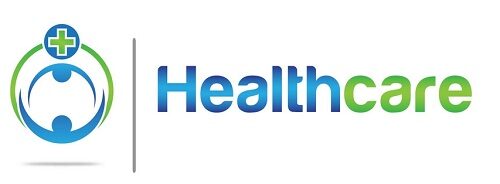Generally, patients are always looking for the best treatment solutions possible. Thanks to technological innovations, the regenerative medicine field has received mind-blowing growth and development. This medicine sector is led by stem cell therapy, which includes a treatment that aims to reverse damaged or dysfunctional tissues and diseases with stem cells. If you are suffering from a chronic illness but cannot handle the thought of undergoing reconstructive surgery, there is good news for you. Stem cell therapy provides fantastic benefits you can reap following this treatment. In recent years, stem cell research has significantly impacted various treatments. This therapy has become helpful in attending to various reconstructive surgery treatments. Continue scrolling to discover the benefits stem cell therapy has to offer.
How Does Stem Cell Therapy Work?
Typically, stem cell therapy enhances the amenable retaliation of ill, dysfunctional, or wounded tissues. This procedure utilizes stem cells or their byproducts. Researchers grow these cells in labs through a manipulation process that involves designing the cells into specialized cells for particular sections. For instance, you can have stem cell therapy for eyes. These sections include blood, nerve cells, or muscles.
After being generated, the stem is then implanted into the affected area of an individual. While traditionally therapy solutions can be complicated and take time, stem cell therapy is notably different. It involves a quick and straightforward outpatient procedure.
What are the benefits?
Aids in Healing Wounds and Incisions
According to research, stem cell therapy can help enhance collagen production, improve the growth of new and healthy skin tissues, and support the replacement of scar tissue with new and healthier ones. It can also stimulate hair growth after loss or incisions.
Autoimmune Illnesses
This therapy for autoimmune diseases involves a new and excellent option for individuals living with debilitating and severe conditions, including lupus and rheumatoid arthritis. Autoimmune illnesses usually develop when one’s immune system attacks its own organs or cells. The good news is that you can seek stem cell therapy to help rectify or manage the condition. The procedure involved is minimally invasive.
Cardiovascular Diseases’ Treatment
Cardiovascular diseases can destitute the heart’s oxygen tissue, resulting in scar tissue that can interfere with blood flow or blood pressure. Stem cells in adult bone marrow can be used to rectify this, as they differentiate into cells required to repair the heart and blood vessels. Therefore, the stem cell procedure can be used to counter cardiovascular illnesses.
Helps with Orthopedic Conditions
If you are experiencing discomfort resulting from orthopedic illnesses, sports-related injuries or spine diseases, stem cell therapy is the way to go. This therapy helps address the underlying sources of pain while offering chances for lasting relief and healing effects.
Treating Neurodegenerative Illnesses
Current studies reveal that stem cell therapy is effective in forming synapses, cells, and new brain neurons after cognitive degeneration or brain injuries. This is one of the most significant discoveries in the regenerative medicine field, helping treat illnesses such as Huntington’s and Parkinson’s. Check here to learn more about stem cell therapy for Parkinson’s.
Stem cells act as your body’s raw materials by generating other cells designed for specific roles. The primary sources of stem cells include adult cells and embryonic cells.
 What Types of Genetic Testing Are Available During Pregnancy?
What Types of Genetic Testing Are Available During Pregnancy?  Using Fitness Apps for Progress Tracking
Using Fitness Apps for Progress Tracking  Complete Guide to Scoliosis Treatment in UAE
Complete Guide to Scoliosis Treatment in UAE 
